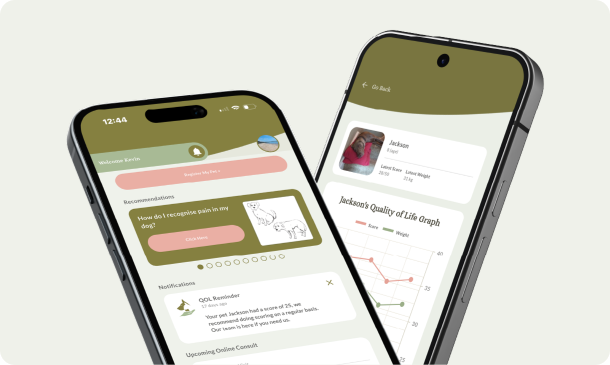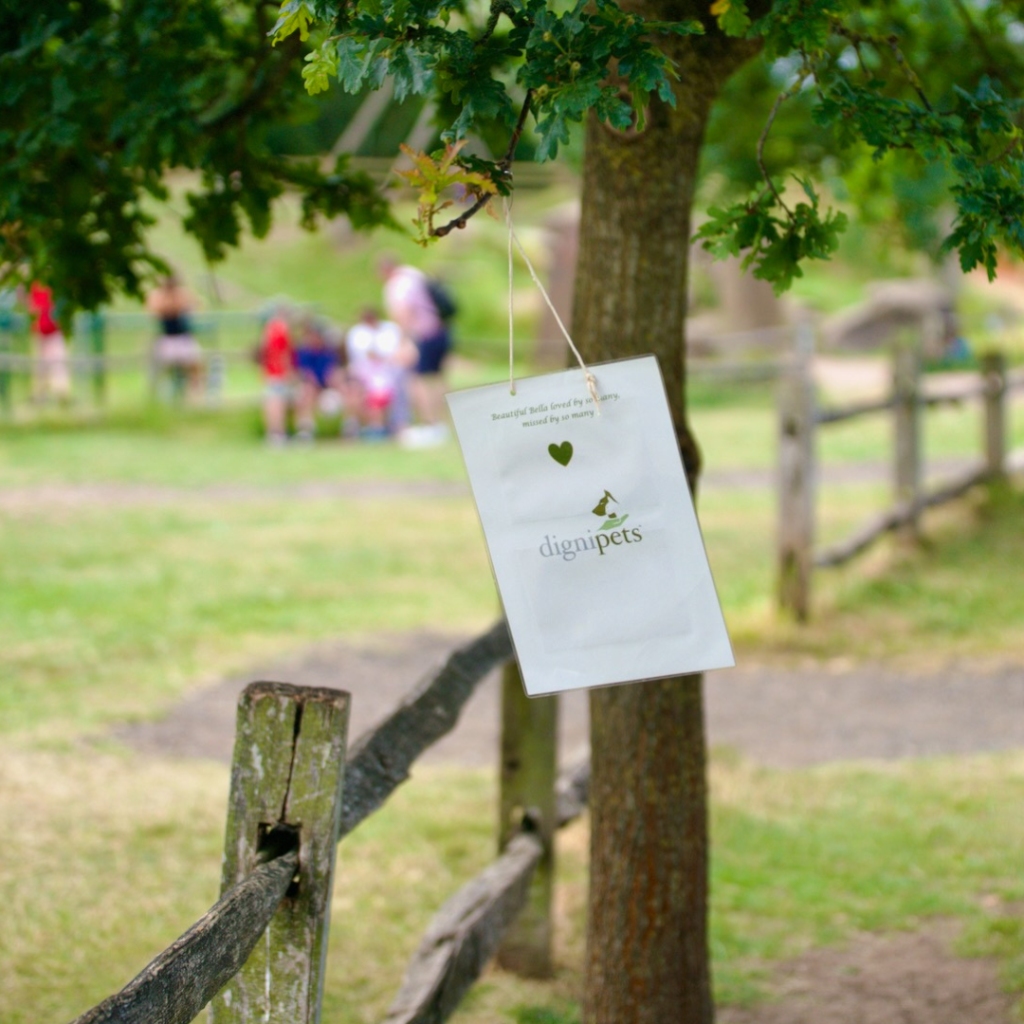Tip 1: Creating a bucket list for your dog
Formulating a bucket list when facing loss can provide a sense of hope. A challenging diagnosis, such as dog euthanasia, doesn’t mean time is limited or that you can’t create cherished memories with your dog. When writing a bucket list, think about…
- Your dog’s favourite people, foods, and places.
- What makes your dog unique?
Answering these questions will help you form the basis of your list. Ideas could include organising a photo shoot, enjoying a day at the beach, or indulging in dog-friendly treats. Each of these activities can create unforgettable moments and provide comfort after dog euthanasia.
For additional guidance on Supporting Yourself and Your Dog Through Difficult Times, click here for help with writing a bucket list for your pet.
Tip 2: Stay realistic about your dog’s current condition
Our veterinary hospice team assists carers with their understanding of how a life-limiting illness affects their dog. For example, even with medication, your dog may experience discomfort, such as with bone cancer, which can diminish their enjoyment of activities like road trips. Nausea from kidney disease can reduce their appetite and pleasure in eating.
Discussing these changes with your vet can help you make your dog as comfortable as possible and guide decisions around end-of-life care for dogs
You can consult your vet for advice on travel arrangements and suitable food options.
Tip 3: When you need support, ask for it
Losing a beloved dog can be an incredibly emotional and isolating experience, but leaning on friends and family for support can make a world of difference.
Sharing your feelings with those who understand your bond with your dog can provide comfort and validation during this difficult time.
Whether it’s talking about cherished memories, expressing your grief, or simply being in the presence of loved ones, their support can help you process your emotions and remind you that you’re not alone.
Don’t hesitate to reach out often during the dog euthanasia process; those closest to you want to help but may not know how, so letting them in can be healing for everyone involved.
Equally important is seeking medical advice when your dog is struggling. Dogs can’t communicate their pain or discomfort the way humans can, so it’s vital to rely on the expertise of a veterinarian to assess their condition and provide the best possible care. Early intervention can improve your dog’s quality of life and potentially ease their suffering, whether they’re dealing with an illness, injury, or age-related issues.
By consulting a professional, you’re ensuring that your dog gets the attention and care they deserve, including guidance on dog euthanasia at home, which can also give you peace of mind while Supporting Yourself and Your Dog Through Difficult Times.



